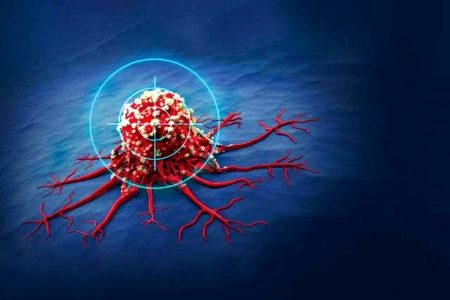Can Gut Issues Cause Anxiety
Your gut and brain are bidirectionally connected and can influence each other’s processes and functionality. This means an imbalance, or dysbiosis, in your gut may directly contribute to anxiety or anxiety symptoms.
The beneficial bacteria in your gut, or gastrointestinal (GI) tract, help you digest food. Current research also shows this bacteria may affect your mental health.
This bidirectional (two-way) relationship, known as the gut-brain axis, may explain why digestive issues could cause anxiety or anxiety symptoms.
Understanding the gut-brain axis
Your gut consists of a network of nerve cells that line its walls, collectively known as the enteric nervous system (ENS). The ENS communicates back and forth with your central nervous system, which includes the brain and spinal cord.
This connection, also known as the gut-brain axis, is what makes it possible for your gut to influence:
• mood
• cognition
• mental health
And, in turn, for your brain to influence your gut activity and functioning.
How gut issues can contribute to anxiety
Different mechanisms and gut imbalances may affect anxiety or cause anxiety symptoms.
Gut microbiome imbalance
Gut dysbiosis describes when the bacteria in your gut are thrown out of equilibrium (balance).
This could be due to one or a combination of the following gut imbalances:
• a loss of beneficial bacteria
• growth of harmful bacteria
• an overall loss in gut bacteria diversity
The imbalance may contribute to anxiety and depression.
Other conditions associated with gut dysbiosis
Dysbiosis may also be related to:
• inflammatory bowel disease
• obesity
• type 1 diabetes
• autism spectrum disorder
• colorectal cancer
• allergic disorders
Inflammation
The gut microbiome can also influence inflammation and contribute to conditions like irritable bowel syndrome (IBS), which is due to indigestion. Worsening GI discomfort may lead to anxiety.
Because of the two-way communication path between your gut and brain, inflammation in your gut may affect your brain function and potentially cause anxiety symptoms.
Neurotransmitter production
Your gut supplies many of the same neurotransmitters as your brain, providing about 95% of your body’s total serotonin, a “happy hormone” involved in mood regulation.
When in dysbiosis or experiencing another imbalance, your gut may create less of these happy hormones, possibly contributing to anxiety symptoms.
Do certain foods worsen anxiety?
Diets high in pro-inflammatory foods, such as sugary and ultra-processed foods, may contribute to worsened anxiety and other mental health conditions, including distress and depression.
Try to limit your intake of high sugar and ultra-processed foods, like some prepackaged desserts and snacks.





ارسال دیدگاه
مجموع دیدگاهها : 0در انتظار بررسی : 0انتشار یافته : ۰